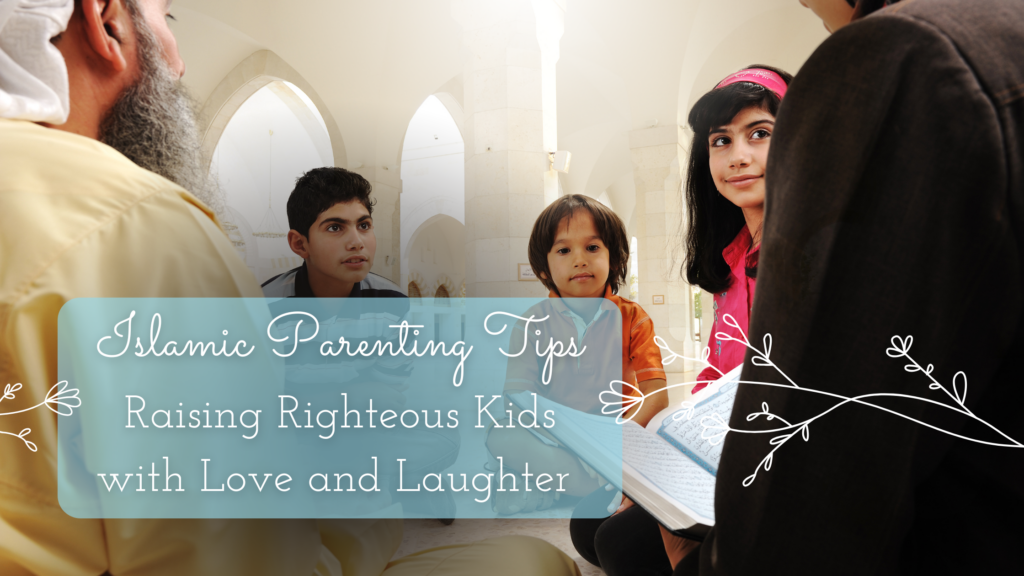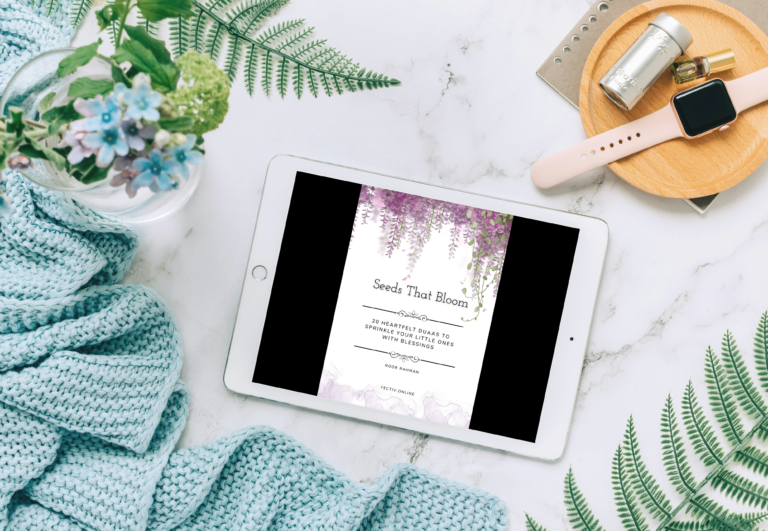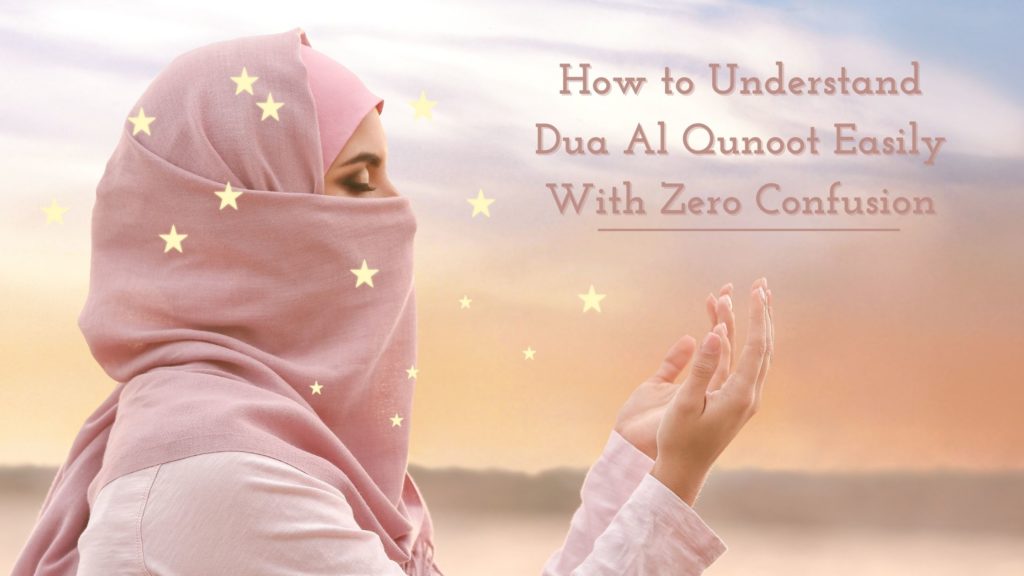
How to Understand Dua Al Qunoot Easily With Zero Confusion
Have you heard of the Dua Al Qunoot? There is a lot of confusion about the Dua Al Qunoot or the Duaa AlQunoot. People are confused about what it is, when we should say it and using what words. As Muslims, it is only natural that we learn and have clarity about our religion and everything that is beneficial. That includes the Duaa Al Qunoot.
Worry not! I don’t like delving into technical details either. After much research, I thought it would be a great idea to present the basics of Duaa AlQunoot in brief, without going into the ‘Fiqhi’ details, so that it is easier for people like you and me to understand, and to teach our children the same.
I’m a student of knowledge at the International Open University, so please have some faith in me. After today, you won’t have any confusion about when and how to say Duaa Al Qunoot, in sha Allaah. I just hope I’m able to present the basics to you without putting you to sleep.
To eliminate confusion, we have to understand that the Duaa AlQunoot is said:
- In the Witr prayer – using specific words narrated from the Prophet
- When calamity befalls the Muslims – using our own words depending on the situation
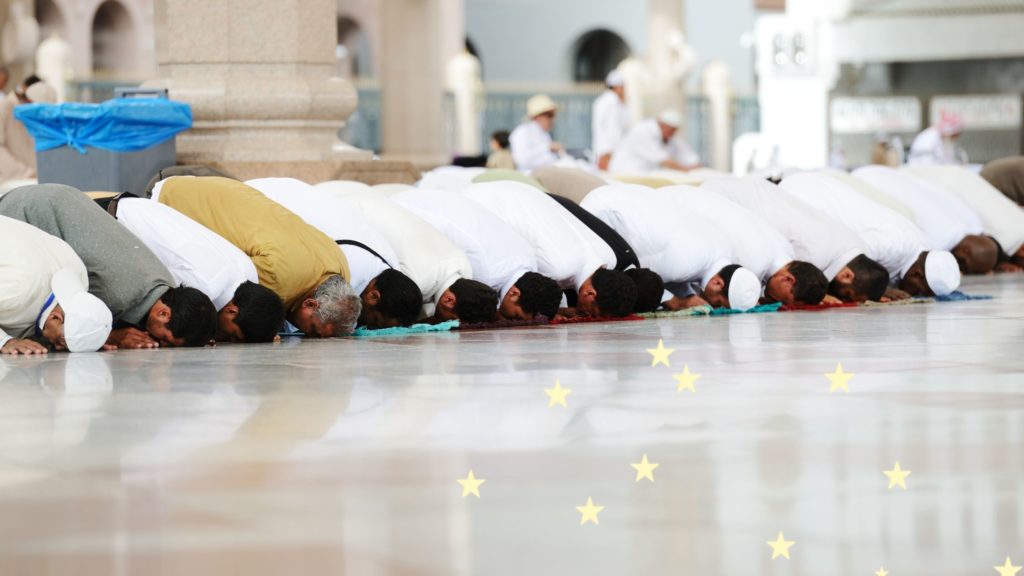
In the Witr prayer – using specific words narrated from the Prophet
Islaam recommends that we say the Duaa Al Qunoot in the last rakaah of the Witr prayer, before or after rukoo (bowing). Saying it after the rukoo is more correct.
The Messenger of Allah (salallaahu alayhi wasallam) taught alHasan ibn Alee (radiyallaahu anh) the Duaa AlQunoot, the transliteration of which is:
“Allaahumma ihdini fiman hadayta wa ‘afini fiman ‘afayta wa tawallani fiman tawallayta wa barik li fima a’tayta, wa qini sharra ma qadayta , fa innaka taqdi wa la yuqda ‘alayk, wa innahu la yadhillu man walayta wa la ya’izzu man ‘adayta, tabarakta Rabbana wa ta’alayta la manja minka illa ilayk.”
Translation: O Allah, guide me among those whom You have guided, pardon me among those whom You have pardoned, turn to me in friendship among those on whom You have turned in friendship, and bless me in what You have bestowed, and save me from the evil of what You have decreed. For verily You decree and none can influence You; and he is not humiliated whom You have befriended, nor is he honoured who is Your enemy. Blessed are You, O Lord, and Exalted. There is no place of safety from You except with You.
(Narrated by Aboo Dawud, 1213; anNasai, 1725; classed as saheeh by alAlbani in alIrwa, 429).
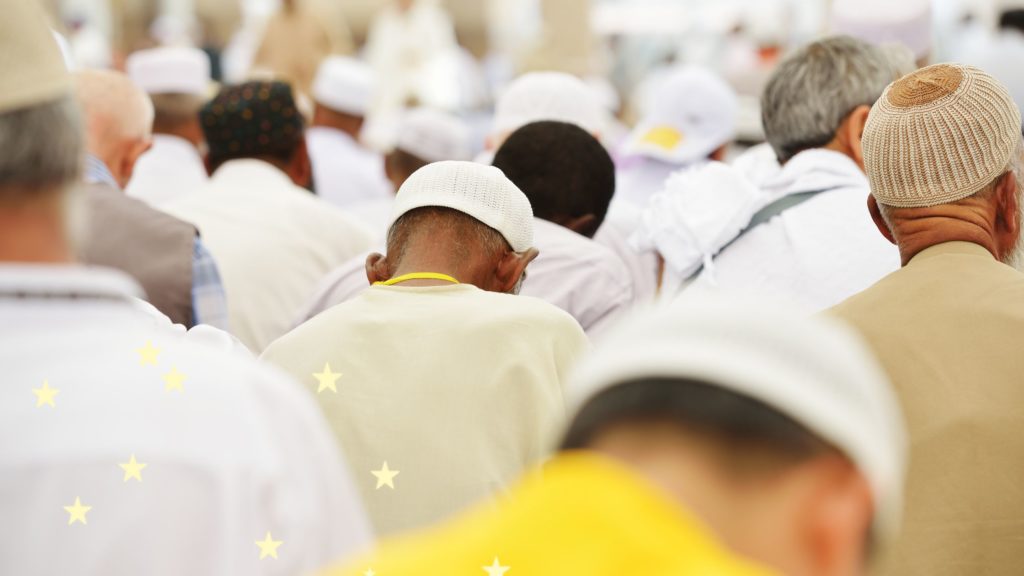
When calamity befalls the Muslims – using our own words depending on the situation
Whenever calamity befalls the Muslims, Islam recommends to say the Duaa Al Qunoot. In this case, we need to say it in the last rakah of all 5 obligatory salaah.
When the Prophet (sallallaahu alayhi wasallam) sent the Quraan-readers to some people to teach them about Islaam, they killed these readers. And so the Prophet (sallallaahu alayhi wasallam) made duaa against them. He (sallallaahu alayhi wasallam) also made duaa for the weak and oppressed believers, asking Allaah to save them from their enemies.
This was not done all the time: rather, only when calamities befell the Muslims.
During calamities, the Duaa AlQunoot is said with words that befit the situation and varies from situation to situation.
Conclusion
The Dua Al Qunoot, doesn’t have to be confusing. All you need to do is to slowly and steadily memorize this beautiful duaa and use it in the last rakaah of all your Witr salaah, just after Rukoo. Can it get any simpler than this?
If you found this useful, you might also want to check my Ebook: It’s Time to Shine BECAUSE it’s the perfect tool to help you learn the game-changing, secret sauce of prioritising. I know this might sound crazy, but it’s for FREE!

